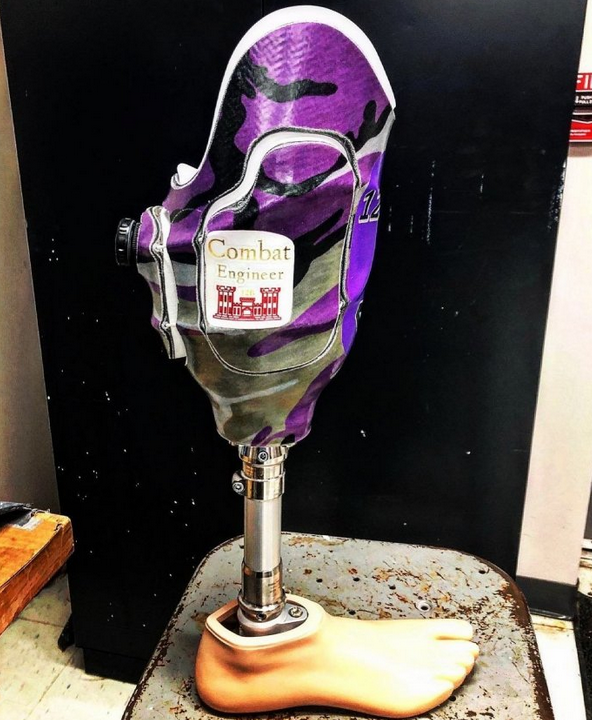American Startup Creates Prosthetics from Hemp Yarn
An American startup, Human Plant Solutions, has developed a new technology for making prosthetic leg sockets using hemp yarn and a special eco-friendly resin. According to the developers, these prosthetics are lighter, more affordable, and more durable than existing alternatives.
Addressing the Need for Affordable Prosthetics
Approximately two million Americans have lost an arm or leg, or were born without one. Millions more suffer from health conditions, such as diabetes, that may eventually require amputation. Unfortunately, modern prosthetic limbs are often prohibitively expensive, making them inaccessible for many people.
A few years ago, Sam Spalitta and his colleague Kyle Trivisonno founded Human Plant Solutions to create an alternative to current prosthetic options. The unique feature of their prosthetics is that some components—specifically, the socket where the leg stump is inserted—are made from hemp yarn.
Innovative Materials and Manufacturing
The startup manufactures this part from hemp yarn, which is laminated with their proprietary eco-resin and then polished. According to the founders, the resulting component is cheaper, more flexible, and lighter than those made from carbon fiber.
“For companies like mine, which truly offer solutions—including custom solutions using new, innovative materials—there are many opportunities. The door is open for us to make waterproof legs, swimming attachments, and we really plan to do that, as long as it’s cost-effective,” says Spalitta.
Advantages Over Carbon Fiber
The entrepreneurs value hemp not only for its innovation. “Everyone hates carbon fiber,” adds Trivisonno. “When working with it, you have to wear special suits and respirators. No matter how good your ventilation is, you’ll still be covered in carbon dust, which is very dangerous to work with and just uncomfortable.”
Local Sourcing and Future Plans
Human Plant Solutions is headquartered in Kansas. Although the region can grow industrial hemp, the startup currently sources its raw materials from neighboring states.
“We’re connecting and meeting with different people to try to build a network that will allow us to grow and process our own hemp and fiber. We want to use it not only for these devices, but also for what we believe will become the industry standard for prosthetic manufacturing,” said Rod Kreye, the startup’s Chief Operating Officer.



